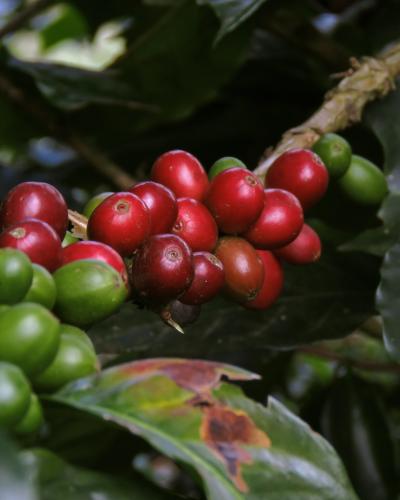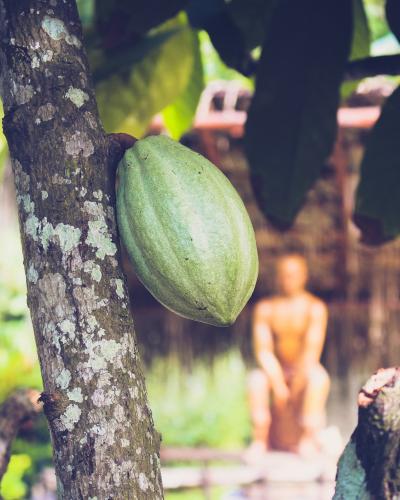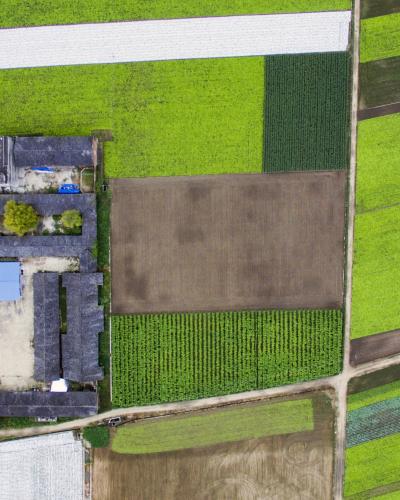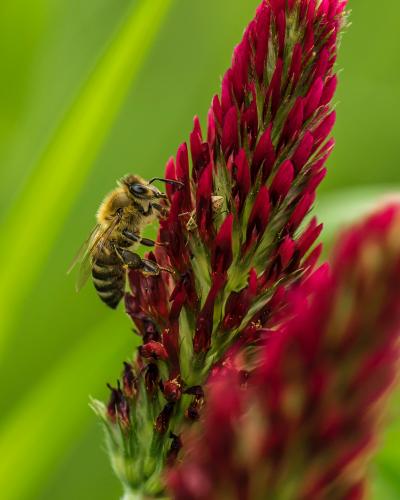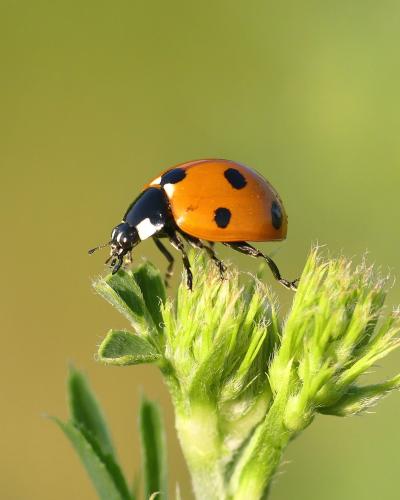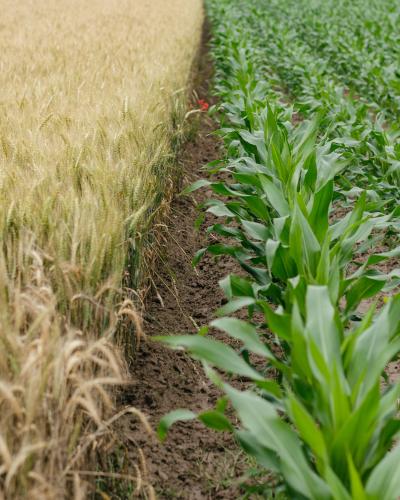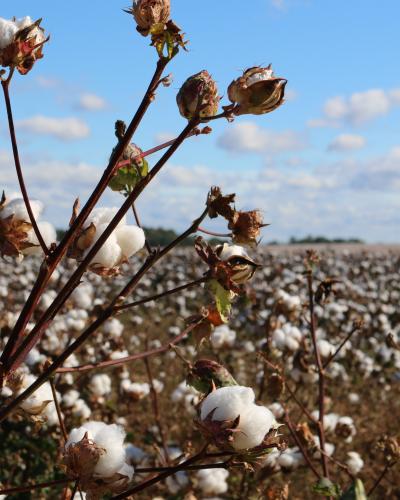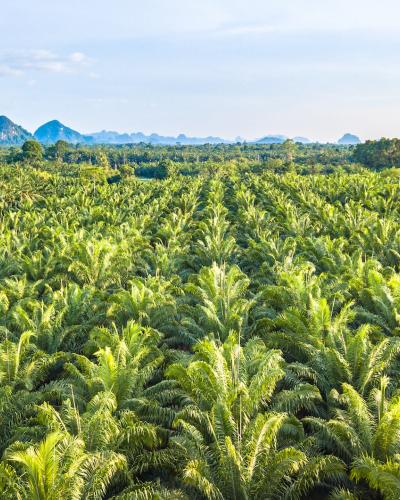Despite the use of chemical pesticides to combat the economically important coffee berry borer pest, a new study in IOP Conference Series: Earth and Environmental Science finds that non-chemical...
Jan 03, 2022
A study in the Journal of Agricultural and Food Engineering determined that using organic fertilizer produced from local sources of agricultural waste and manure results in comparable yields of...
Dec 27, 2021
A study in Journal of Cleaner Production found that not all types of soybean farming are considered equal, and organic farming offers greater sustainability when it comes to impacts on the...
Sep 13, 2021
There is a growing body of science that shows organic farming is more profitable than conventional. While this is largely attributed to higher premiums paid for the organic brand, a recent study...
Aug 02, 2021
Incorporating cover crops into crop rotations is known to have many benefits to soil health and ultimately crop yield. However, they are often prevented from flowering--which would support...
Jul 05, 2021
Organic farmers rely on natural predators to help control their crop pests rather than using chemical sprays. A new study published in the Journal of Applied Ecology found that using organic...
May 24, 2021
Successful rural development hinges on both the profitability and the environmental sustainability of cropping systems. This is especially true in regions like the tropics where the success of...
Oct 05, 2020
A recent study published in the journal Agricultural and Resource Economics Review challenges popular belief that switching to organic farming is riskier for the farmer than staying in...
Aug 24, 2020
Genetically modified cotton is widely grown throughout China, South Africa, India and the U.S. Science on the environmental, social and public health effects of GM cotton has mixed results with...
Apr 06, 2020
Palm oil is a widely used ingredient in processed foods and a popular cooking oil that is often preferred for its affordability when compared to other vegetable oils. Unfortunately, oil palm...

